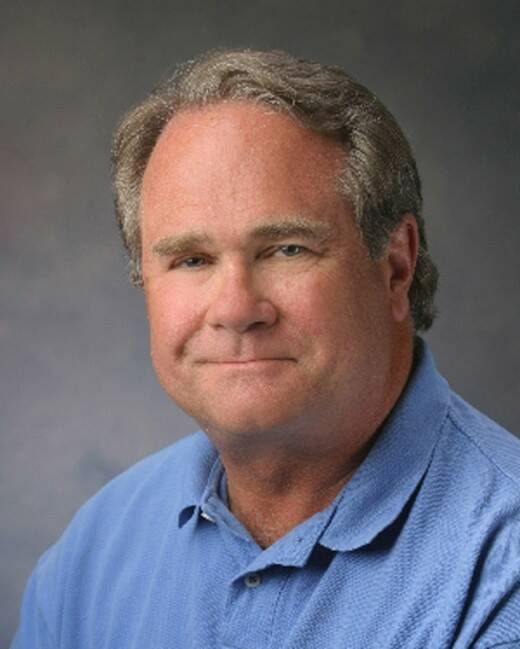
Craig Ladwig
As part of its Foothold project, our foundation this week sponsored a webinar with Dr. Dennis Ganahl, an independent political consultant.
He reminded us that at the most local level, the Republican Party isn’t much practical help to local conservatives. Indeed, there it tends to bleed away the best intentions, energy, money and time.
One of his pieces of advice that drew a chuckle was to halve the amount of time that a volunteer promises to volunteer, for it will be the rookie candidate and his campaign manager who will take up the slack.
And no offense to Republican friends, but a political party is a private organization, and like all such organizations, it has its own agenda, which in this case is to treat democracy as an end in itself.
“Democracy has become for many over the past century not a form of government in which the people rule directly or indirectly but a political program committed to egalitarian outcomes, regardless of the form of government that produces such outcomes,” says Joseph Postell, a professor of political science.
We are on our own, in other words. We knew all of that in a general way, but Ganahl detailed what it takes to redivert that energy, money and time to the service of actual better governance — to rule directly.
Please know that simply organizing a subdivision for some basic civic improvement is a heroic endeavor requiring tactics and skills applied in a specific sequence. Multiply that if you intend to send a neighbor to a school board, city hall or legislature.
But discussion prompted by Ganahl’s presentation touched on something that deserves as much thought as winning an election. It is how to prepare a well-meaning neighbor for the travail that awaits them on, say, a council or school board seat. They will be at the mercy of well-paid “expert” staff and usually an institutional attorney or two, all pretty much dedicated to turning the political neophyte into an ineffectual blob.
What can follow is discouragement and resignation — or worse, co-option into a failing status quo. In the words of George W. Bush, “I have abandoned free-market principles to save the free-market system.” In any case, our side loses a precious commodity, the democratic representation of an honest friend and neighbor.
But not always. Two members of this foundation, Ryan Cummins in Terre Haute and Jason Arp in Fort Wayne, took another path, one that some of us would like to see followed throughout the state.
When the two used rather lonely positions on their respective government bodies to ask knowledgeable, often pointed questions about municipal affairs — shazam — something unexpected happened. Both men won reelection. Those being asked the hard questions flubbed the answers.
Why? Because with today’s media, they were unaccustomed to answering questions of any kind, but just as often because they didn’t understand the core issue or problem. The awkward and sometimes dishonest responses made the questioners’ points more effectively than even a majority resolution.
Granted, that takes a special kind of candidate. But my guess is that after the events of the last two years, there are a lot more such people who have decided enough is enough. Let’s get them elected first of all, and then let’s get them prepared to deal with what has become Indiana’s version of the Deep State.
Craig Ladwig is editor of the quarterly Indiana Policy Review. Send comments to [email protected].
